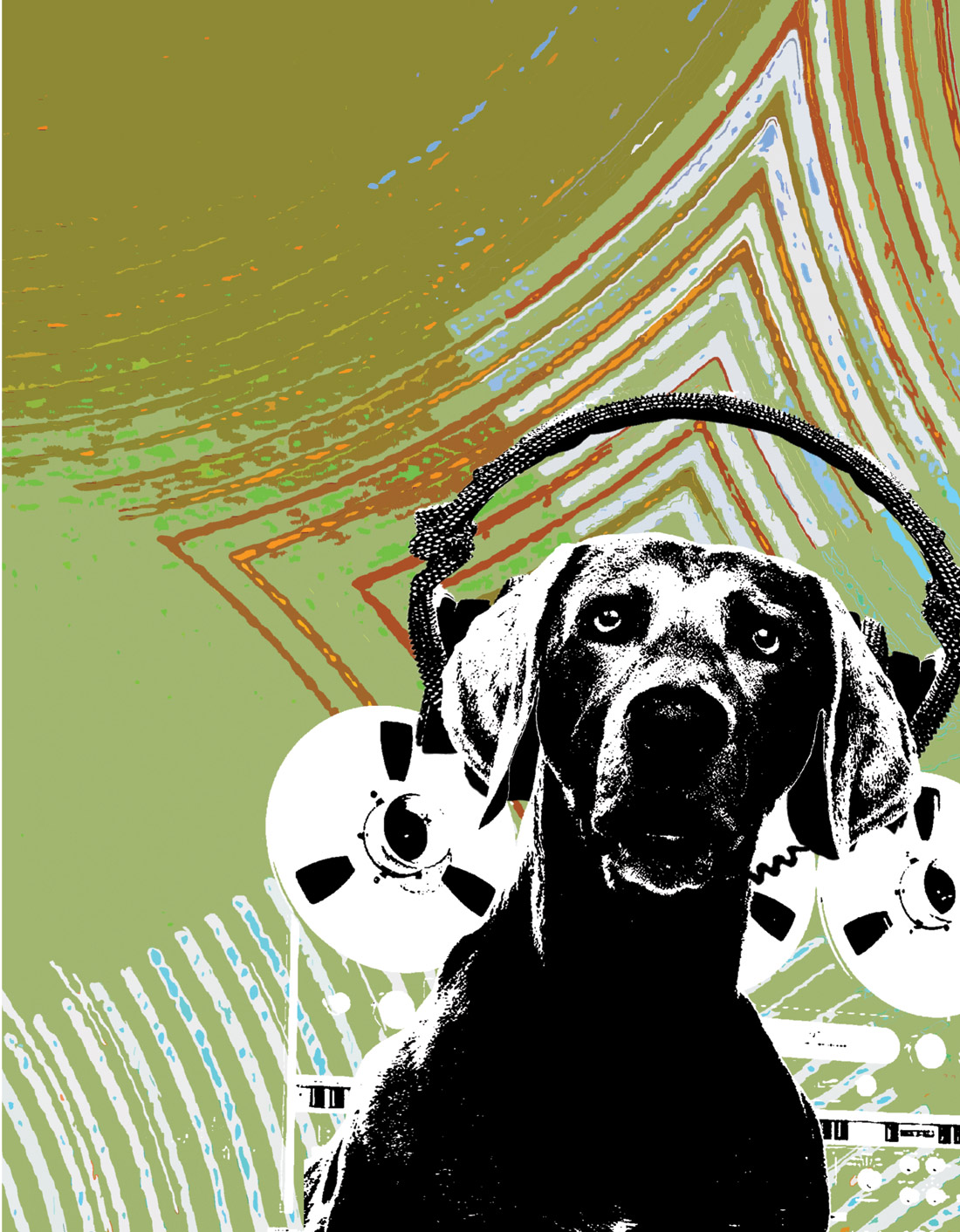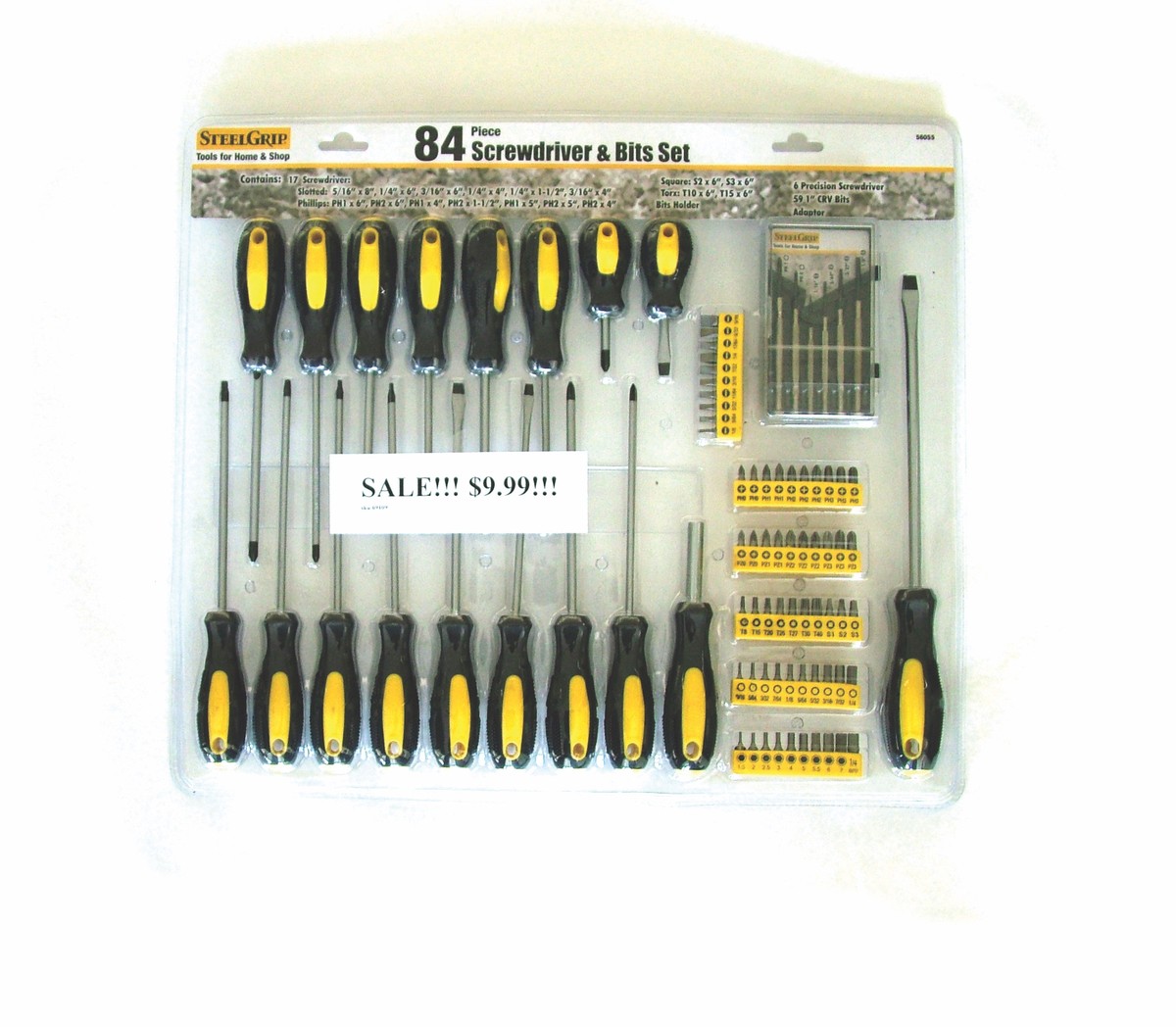As I was editing the letters section for this issue, one of them triggered a memory from fourteen years ago. I remember trying to build up my home studio and having stacks of catalogs on my desk. I would thumb through them all the time, looking for recording gear to fill the massive gaps in the basement studio I'd started. I'd scan the Nickel Ads and the local newspapers classified ads looking for people unloading recording equipment. I bought a lot of cheap stuff, most of which I ended up replacing shortly thereafter.
Some of the worst purchasing decisions I ever made involved DAT machines. I had started my studio with a pair of 4-track TEAC reel-to-reel decks, which my friend Dewey loaned to me. I soon tired of the limited track count, and after an insurance settlement came through from a nasty bike accident, I bought a Tascam 38 8- track deck and a Soundcraft Spirit Folio Rac Pac mixer (who names this stuff?). What I now needed was something better than a cassette deck to mix down to.
I found an ad in the paper for a used DAT machine. I went to the guy's house. The deck looked fine but I didn't quite understand what the guy meant when he mentioned that it would only record at 48 kHz. I gave him $500 and brought the machine home. It was one of those consumer DAT decks, and soon I learned the horror of SCMS (Serial Copy Management System). Turns out you couldn't make copies of the mixes off this machine, plus they weren't at CD rate, something that seemed terribly important at the time. Remember "Home Taping is Killing Music"? SCMS was one of the results of that bullshit campaign — and a piece of gear that would soon be obsolete. When I realized that this machine would become a nightmare of un-copiable DAT tapes, I put it up for sale but was very upfront about the limitations. Some guy that needed a DAT machine to store MIDI code happily bought it. Thumbing through my trusty catalogs, I kept running across decent prices (around $900) on the Sony A7 DAT machine, so I bought one. Everything seemed fine, but so far none of these Sony-recorded tapes were used anywhere but in house to make cassette copies. Right after completing mixes on one of my first "real" releases (2 Foot Flame's Ultra Drowning on Matador Records) their mastering engineer called me up with the news that the DAT tape wouldn't even play back properly. Sony DAT machines used a smaller head cylinder, and when playing back on any other manufacturer's decks had all kinds of read errors. In order to get this project back on track I quickly ordered a brand new Panasonic SV-3700 DAT machine — I think this cost me $1400.
At this point the SV-3700 was the most expensive piece of equipment in my studio. This seemed ridiculous at the time. Now I look back and realize that was the first step in realizing a valuable lesson — when purchasing recording tools consider the long term investment and advantages of buying more expensive, but probably more reliable, and better sounding gear. Despite the fact that DAT tapes sucked ass, I did get many years of use out of the SV-3700 (with a fair amount of maintenance and repairs) and it certainly was a key piece of gear that made its expense back over time.
Sure, there have been many times over the years where an affordable piece of equipment was a necessity, such as the first two consoles at Jackpot! (a Mackie 32 x 8 and later an Allen & Heath Saber) which have finally been superseded by a Rupert Neve Designs 5088. One has to be able to cover the bills (and not be so far in debt that there's no way out) in order to survive in the recording business. But there also have been many purchases that may have slightly stretched my budget at the time, yet have remained crucial gear at my studio over the years.
Don't expect miracles from equipment that comes cheap (unless you make one of those lucky finds). Of course you should use what you have in front of you, and do the best work you can, but think about the purchases you make. Will this piece last? Will I end up replacing it soon because it doesn't do everything I need? Will the gear hold its value or is it worth next to nothing as soon as it comes out of the box? And remember, spending a little more in the first place may save you money in the end.


